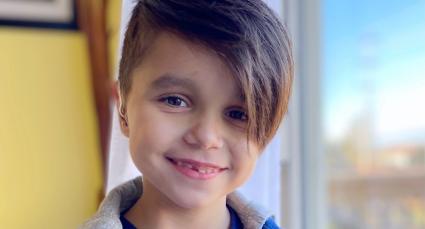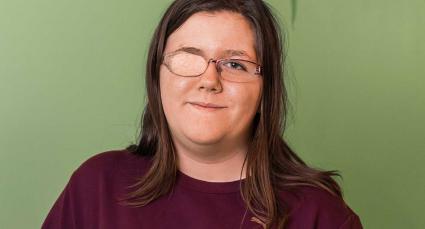In 2020, Roman's family noticed he was self-conscious about his body after he started pulling on his shirts to stretch them out. Roman’s behaviour towards food and exercise also began to change. He became fussier about what he was eating, and he started running. At first, his parents thought the physical activity was a good outlet for him during the pandemic. However, things continued to escalate throughout the spring of 2021 as Roman pushed himself harder. Exercising became an obsession, and he started losing weight.
Roman’s eating habits continued to deteriorate until he barely ate. His parents knew something was very wrong when they found the food he had hidden in his pocket. His personality and mood had also drastically changed. Their normally larger-than-life son, who was always singing and joyful, had become gloomy and serious. They realized Roman needed help.
Roman began seeing a psychologist in their community. It was during a Zoom session, when Roman showed signs of total food refusal, that the situation became critical. His parents took him to the IWK’s Emergency Department, where they realized his body was in distress. Roman was admitted to the Garron Centre for Child & Adolescent Mental Health which provides acute inpatient support (hospital care).
Over the next 10 weeks, the team at the IWK worked closely with Roman and his family to provide treatment and therapy. Slowly things began to improve, and gradually, Roman began to eat again and put on some of the weight he had lost.
Roman’s mom Michele praises the multidisciplinary team that helped her son, “Everyone there was amazing. They coached us and gave us the reassurance we needed to be part of the team helping Roman get better. By the end of our stay, Roman was comfortable there. He loved the nurses. And he started singing and joking around again. The IWK gave us our son back,” she says.
Roman has continued to receive outpatient follow-up and is once again able to enjoy the things he loves — theatre, acting, singing and basketball.



